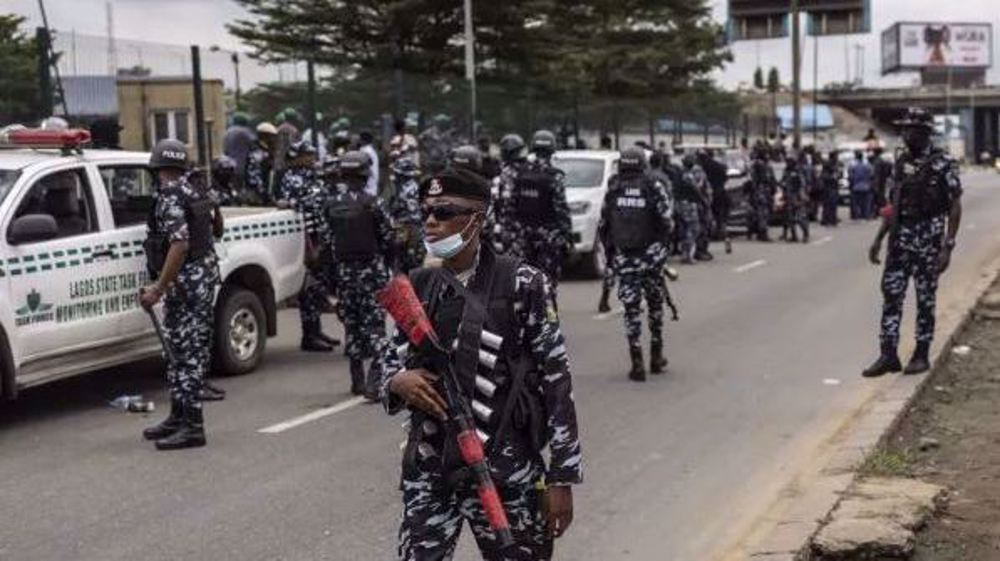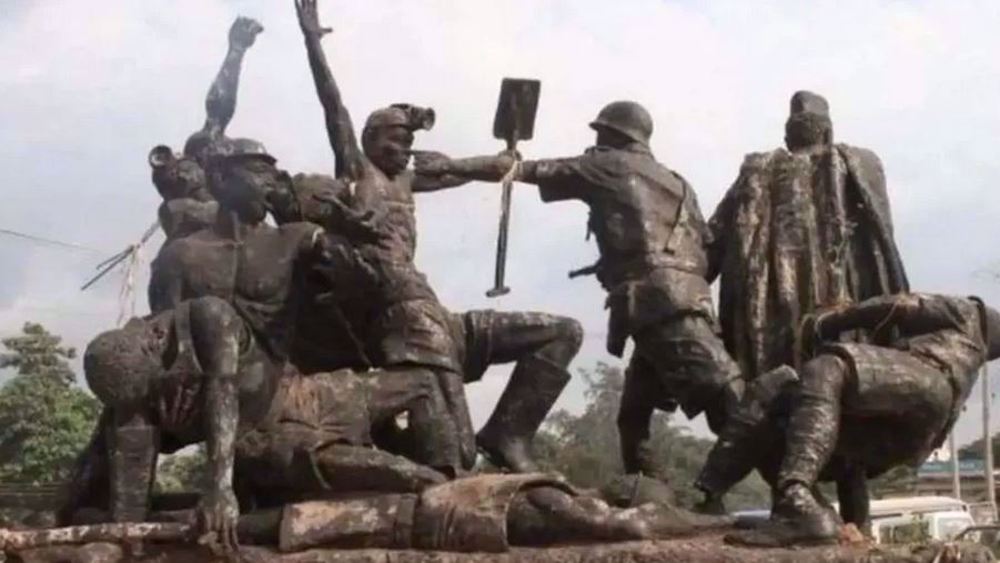22,000 missing in decade-long Boko Haram terrorism in Nigeria: Red Cross
The International Committee of the Red Cross (ICRC) says more than 20,000 people, mostly children, have gone missing as a result of a decade-long militancy by the the Takfiri Boko Haram terrorist group in northeast Nigeria.
In a statement issued on Thursday, ICRC President Peter Maurer said nearly 60 percent of those missing were children and that it was the highest number of missing persons registered with the organization in any country.
"Every parent's worst nightmare is not knowing where their child is. This is the tragic reality for thousands of Nigerian parents, leaving them with the anguish of a constant search," Maurer said at the end of a five-day visit to Nigeria.
"People have the right to know the fate of their loved ones, and more needs to be done to prevent families from being separated in the first place," he added.
During the visit, Maurer spoke with family members affected by conflict in the northeastern cities of Maiduguri and Monguno, many of whom have missing relatives.
He also met with Nigerian President Muhammadu Buhari, senior government officials, civil society and business leaders.
The Red Cross said that some families were often separated while fleeing attacks, while others have had loved ones kidnapped or detained and do not know their whereabouts.
"The ICRC works with the Nigeria Red Cross and other Red Cross and Red Crescent societies in the region to trace missing people by showing photographs, calling out names and going door-to-door in camps and communities," the statement said.
"So far, 367 cases have been solved since ICRC received its first cases in 2013, underscoring the immense challenges that come with finding missing people and reconnecting them with their families in Nigeria," it said.

Boko Haram and its Daesh-supported ISWAP splinter group have intensified attacks on civilian and military targets in recent months, despite the Nigerian government's insistence that the terrorists have been defeated.
Nigerian army chief Lieutenant General Tukur Buratai admitted that humanitarian efforts were being hampered.
"Large swathes of the northeast of the country remain completely inaccessible to humanitarian organisations. People have also been displaced by fighting many times, making them harder to find," he added.
Some observers allege that certain Nigerian officials are profiting from the unrest via corruption and have little interest in ending the bloodshed.
Rights groups have also accused some Nigerian security forces of abuses in the fight against Boko Haram, including extra-judicial killings and mass arrests.
Around 27,000 people have been killed in the decade-long Takfiri terrorism which has spilled over into neighboring Chad, Niger and Cameroon and forced more than two million people to flee their homes.
Despite Leader's martyrdom, Islamic Republic firmly in control and punishing the enemy
At least 31 killed in Israeli aggression on southern Lebanon after Hezbollah strikes
Iran writes to UN, warns about dire consequences for perpetrators following Leader's martyrdom
Hezbollah strikes occupied Haifa in retaliation for Leader's assassination
Ansarullah mourns Leader's martyrdom as 'great loss' caused by 'most wretched terrorists'
Hezbollah offers condolences to Iranian nation over Leader’s martyrdom
US-Israeli strike targets IRIB facility; broadcasts continue
IRGC: Latest waves of Op. True Promise 4 led to tanker strikes, base shutdowns, heavy casualties










 This makes it easy to access the Press TV website
This makes it easy to access the Press TV website